Kuomintang the biggest loser of Taiwan's four-question referendum?
As the ruling Democratic Progressive Party (DPP) wished, the four-question referendum held in Taiwan on 18 December - regarding the building of a third LNG plant near an algal reef, the restarting of the Fourth Nuclear Power Plant, pork imports, and timing of referendums - was not passed. However, they should not be too happy yet, says Chen I-hsin. Recent exposés on party members, not least on President Tsai Ing-wen herself, are draining support from the party. And though the KMT did not achieve enough "yes" votes in the referendums, if they learn from it, they could still make gains in upcoming elections.
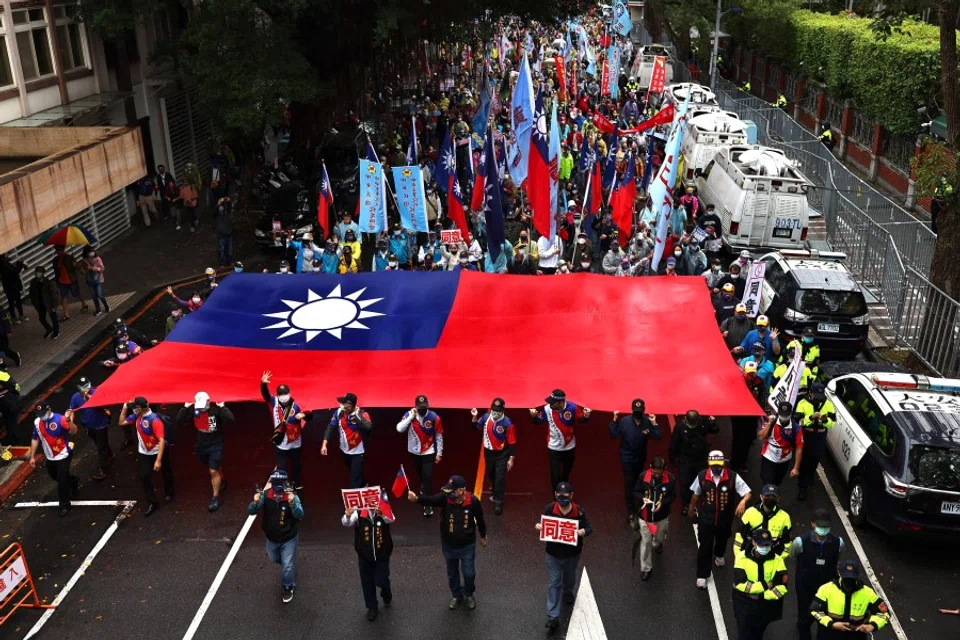
Taiwan's four-question referendum on 18 December 2021 showed that neither the ruling party nor the opposition managed to crack the 4.9 million barrier - the minimum number of "yes" votes (a quarter of all eligible voters) needed for each of the proposals to pass.
However, since it was civic groups and the opposition Kuomintang (KMT) that proposed the four-question referendum, the KMT is seen as the biggest loser, while the ruling Democratic Progressive Party (DPP) is the biggest winner.
While the result is a done deal, the vote share for each side shows that only their firm supporters turned out, and most median voters were unmoved by the referendum.
Little conviction for proposals
No wonder the opposition was advocating that future referendums should be held on the same day as major elections to push up the votes, while the ruling party was against it. If the positions are switched in future, it is possible that the Democratic Progressive Party (DPP) might also switch from objecting to supporting the motion.
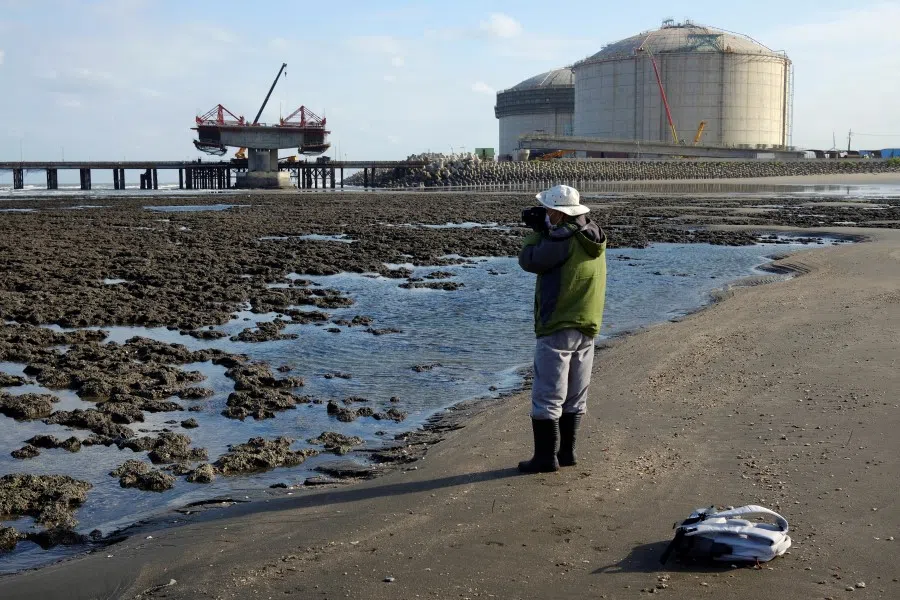
Taiwan President Tsai Ing-wen and Minister of Economic Affairs Wang Mei-hua have told countless lies about building a third liquefied natural gas (LNG) terminal on an algal reef, but the votes in support of conserving the reef were still fewer than the DPP-led votes against.
And while Taiwan's power shortage continues, the vote on restarting the Fourth Nuclear Power Plant was not passed, and it looks like power shortages, rationing, and blackouts will be a shared experience for Taiwan's 23 million people.
The referendum on pork imports, which started strongly, also ended as a washout. Given that pork is a main food for the Taiwanese people, it will be difficult to avoid.
...there is no room for rational debate in referendums in Taiwan, which are just tools for political parties to face off.
For the opposition and civic groups, the "yes" votes for each of the four questions were all around 3.9 million, showing that it was basically the same group of people who voted yes for all four. To put it simply, there was no particular issue among the four referendum topics that achieved overwhelming support.
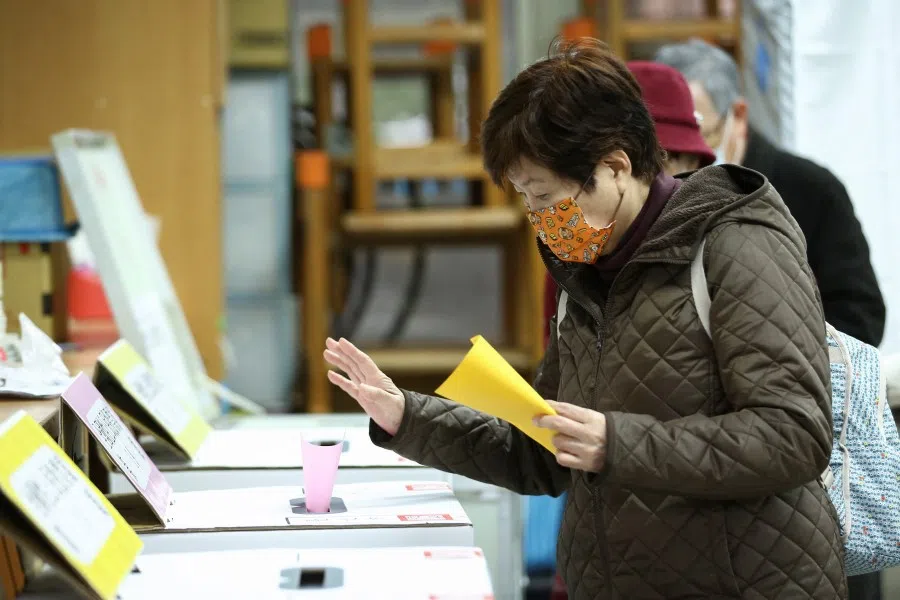
The median voters were unwilling to vote for three main reasons. First, there is no room for rational debate in referendums in Taiwan, which are just tools for political parties to face off.
Second, just holding a referendum itself is not attractive to voters, especially those who live in far-flung areas or overseas, who would feel that it is not worth it to travel all the way back just to cast a vote.
Thirdly, while the 2018 referendum on nuclear power was passed, repealing the phasing out of nuclear power, Tsai refused to implement it. Thus, many voters believe that even if the referendum was passed this time round, it would only be a "symbolic victory".
If the party [KMT] fails to unite, it could remain the opposition party forever even if talents were widely recruited.
Valuable learning experience for KMT
It is perhaps too much of an exaggeration to blame New Taipei City Mayor Hou You-yi for the failed referendums just because he refused to support them. In fact, no matter how much weight Hou carries, it is impossible for him to mobilise one million median voters to make up for the votes needed to win.
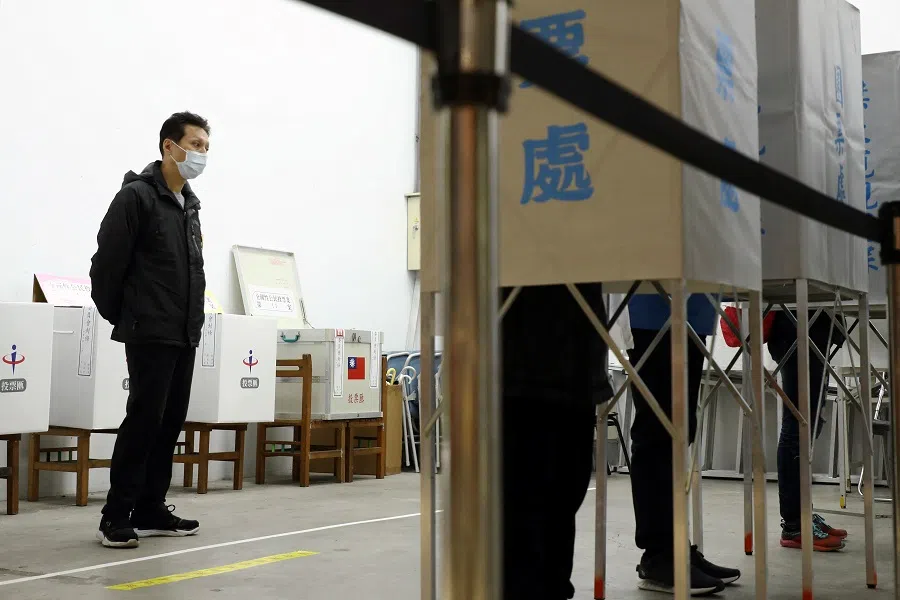
Having suffered defeats, it actually allows the KMT to learn from the pain it experienced and deeply reflect on what happened. Undoubtedly, recruiting talent is very important. But if people are employed based on cronyism, or to serve selfish interests and form cliques, it would be difficult to succeed. If the party fails to unite, it could remain the opposition party forever even if talents were widely recruited.
However, the DPP should not celebrate too early as well. While Tsai did all that she could and even mobilised government resources this time round, she only managed to mobilise the DPP's firm supporters and just scraped through. This shows that there must be some other reasons why the young people were unwilling to vote.
DPP should have done much better
Taiwanese legislator Kao Chia-yu's "domestic violence" case which got exposed just before the referendum probably showed young voters the dark and ugly side of the higher-ups in the DPP.
Moreover, the deceitful ways of Raphael Lin (Kao's boyfriend who allegedly physically assaulted her) and the subsequent furore he sparked off on the internet could have also turned young DPP supporters off and made median voters aware of the DPP's corrupt power structure and shady relations between politics and business.
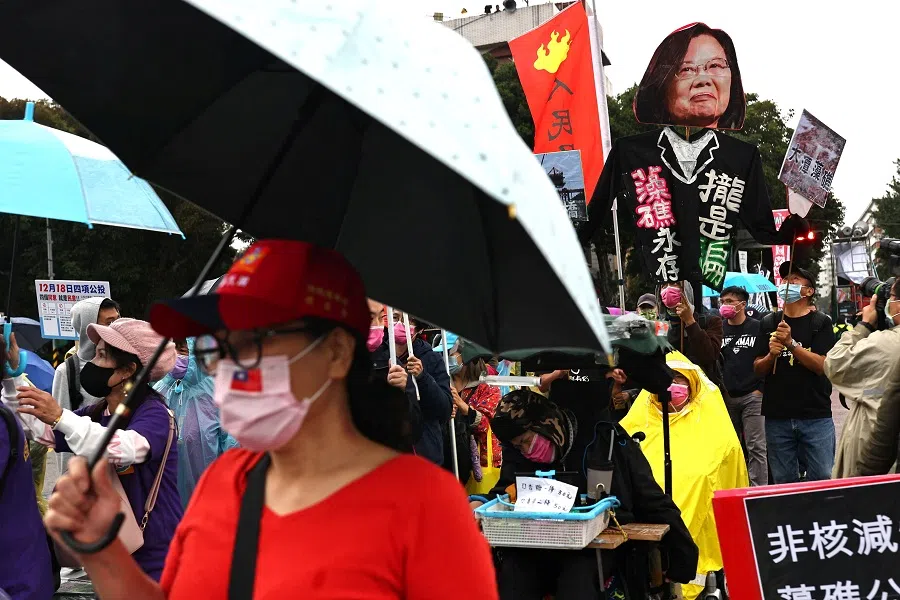
As more youths and median voters come to hear of Tsai's alleged academic fraud regarding her doctoral dissertation and degree, and realise that "Taiwan independence" is in fact controlled by the US and mainland China, they would perhaps feel cheated by the DPP.
Since Tsai and the DPP have so many things to cover up, it was imperative for them to defeat the KMT at the four-question referendum to maintain the illusion of a stable political situation so as to continue with their obscurantist policies and cheat the people of their votes.
On the other hand, if the KMT can truly learn from this painful experience, deeply reflect on what happened, and be of one heart and one mind, they might still be in the running for the 2022 local elections, known as the nine-in-one elections, as well as the 2024 presidential election.
Related: Taiwanese wavering over referendum on Fourth Nuclear Power Plant | Taiwan's algal reef referendum: A proxy for political battle? | Faced with a shortage of water, electricity and vaccines, can Taiwan still deliver the chips? | Taiwanese generally think there will not be war, and they are unprepared for it





